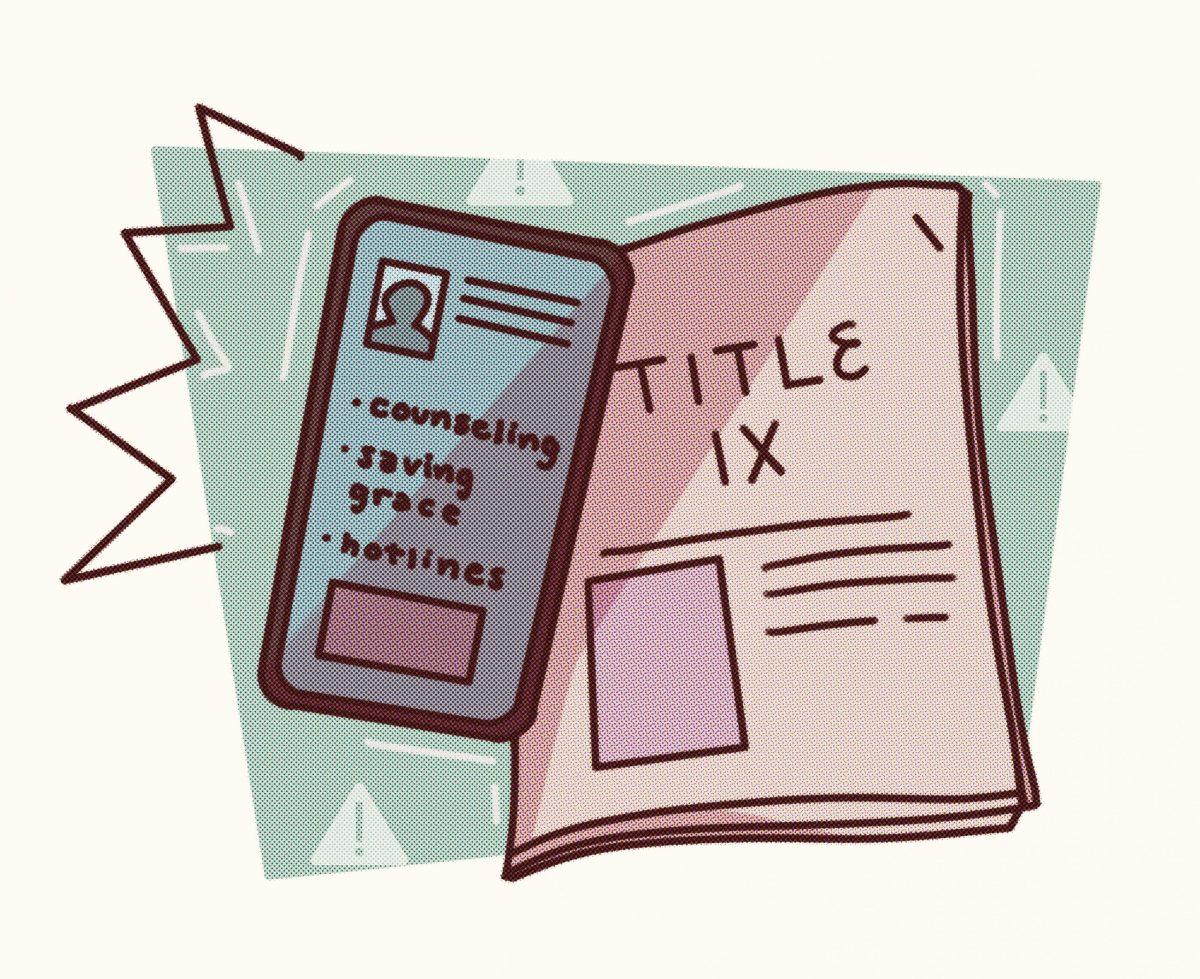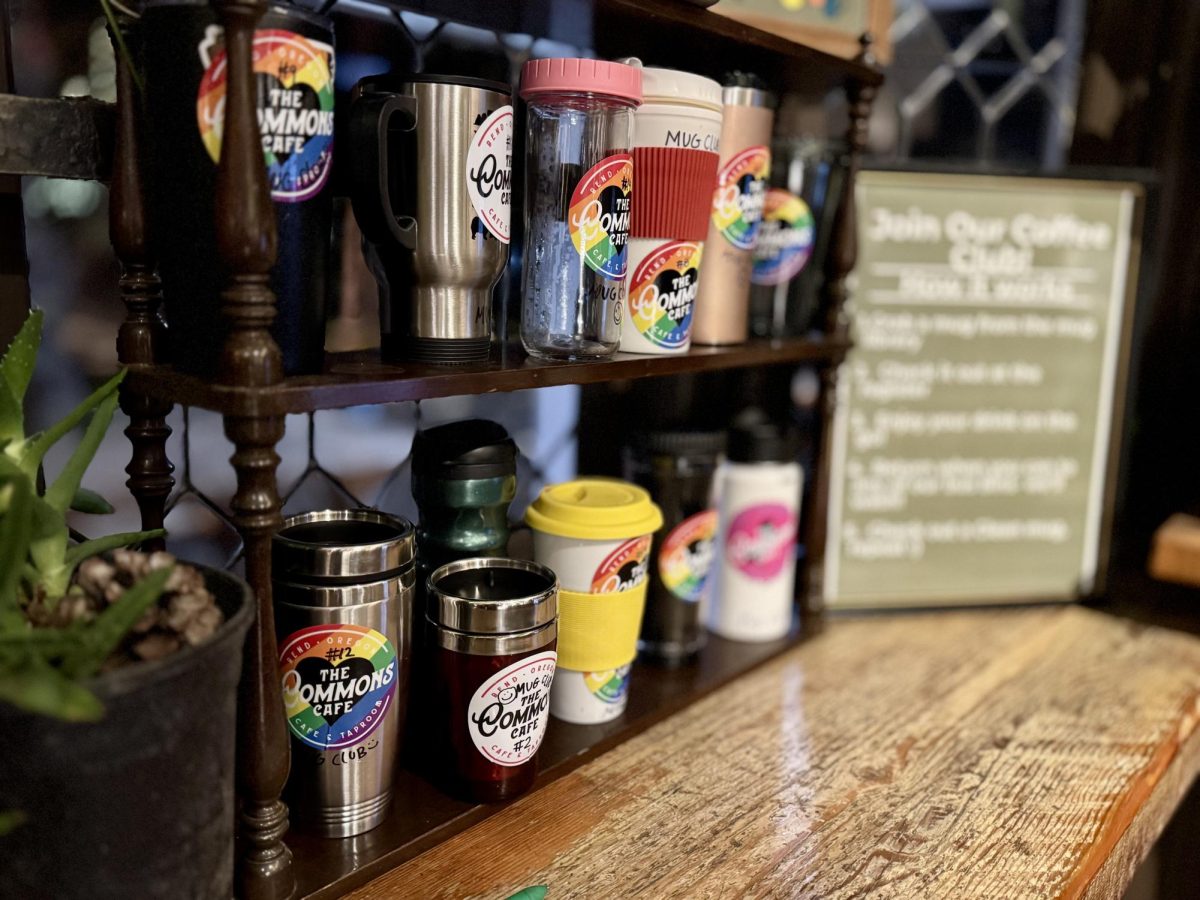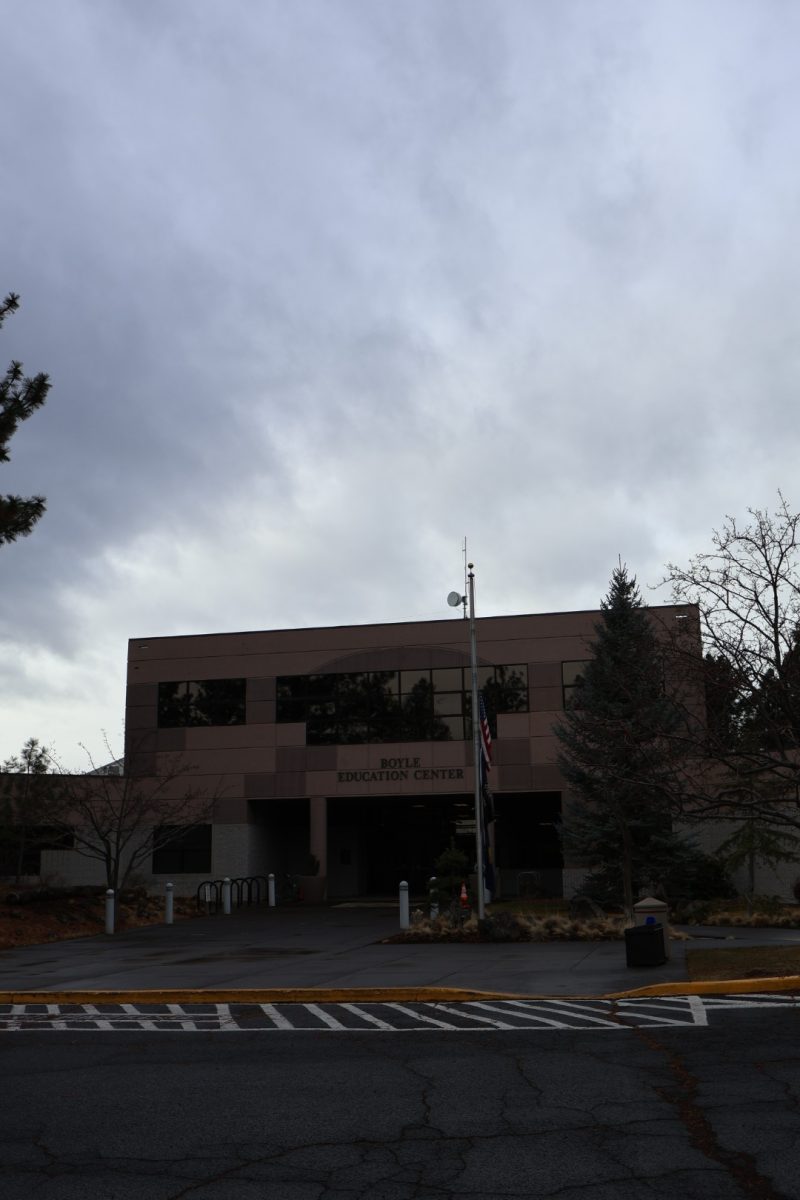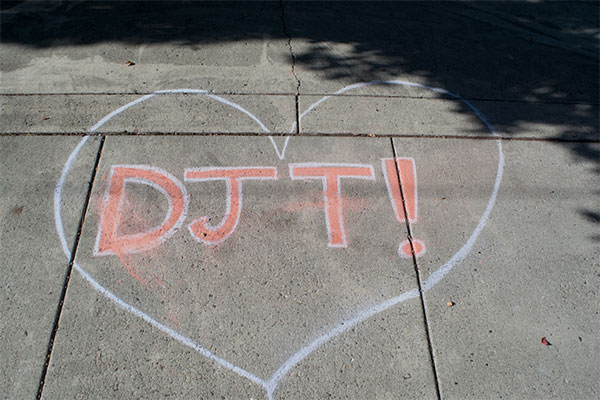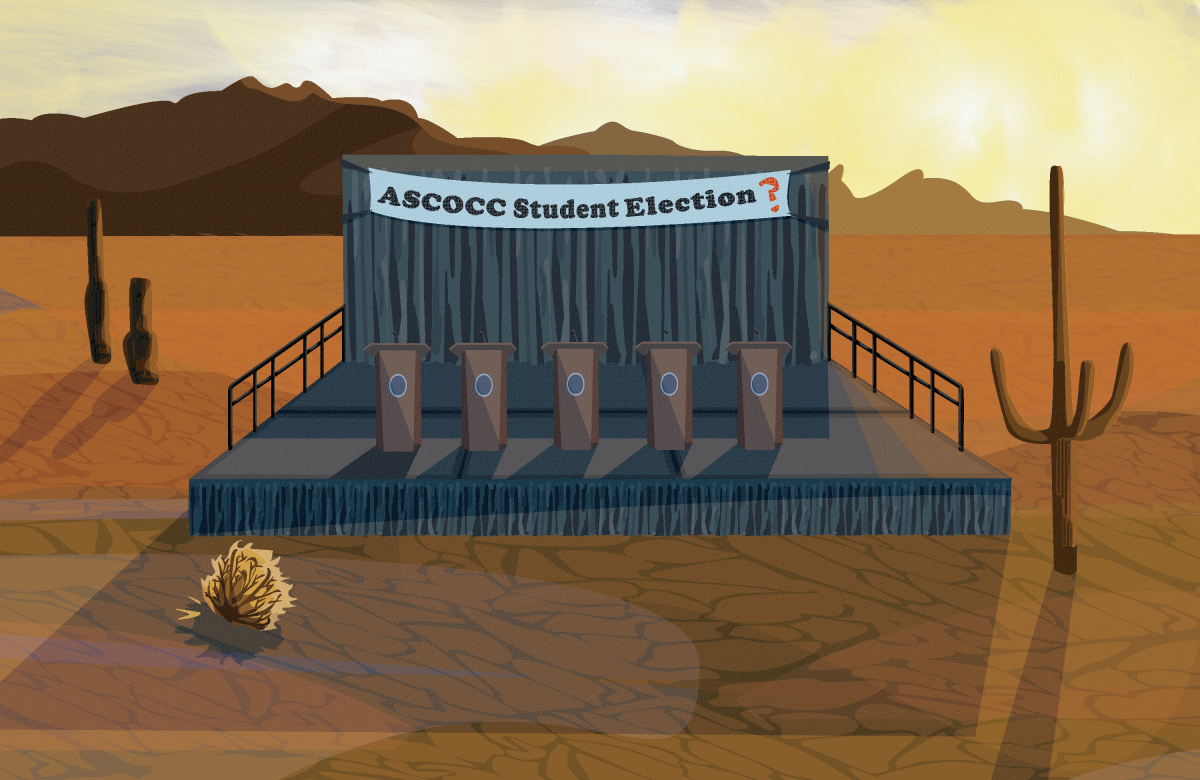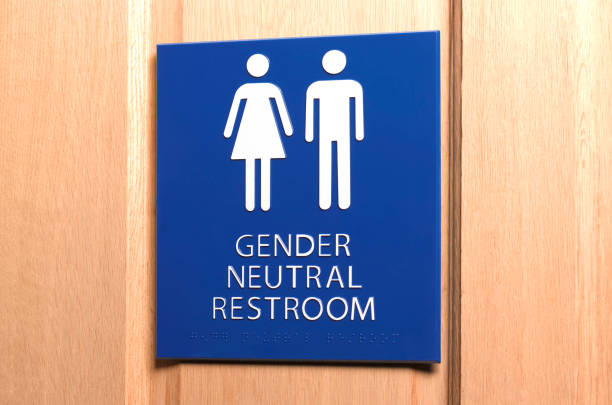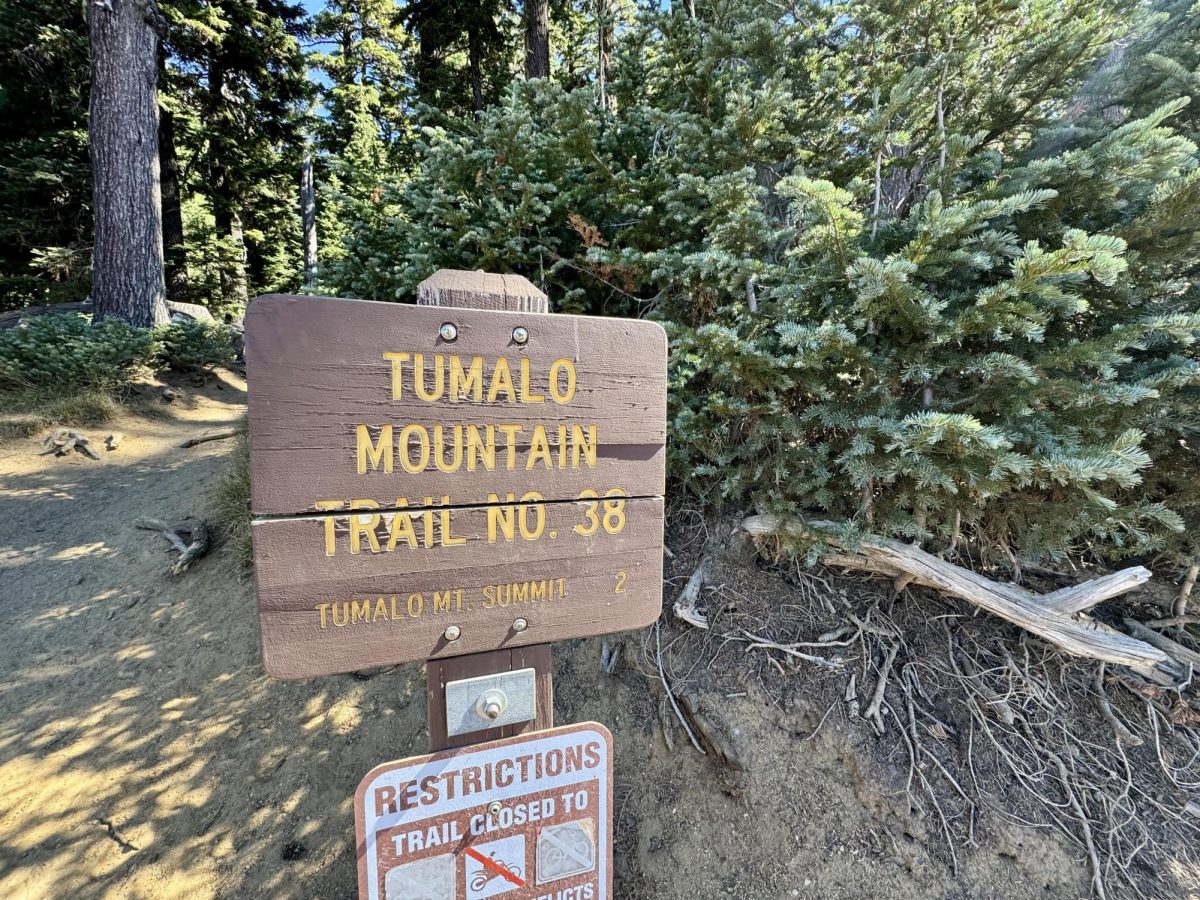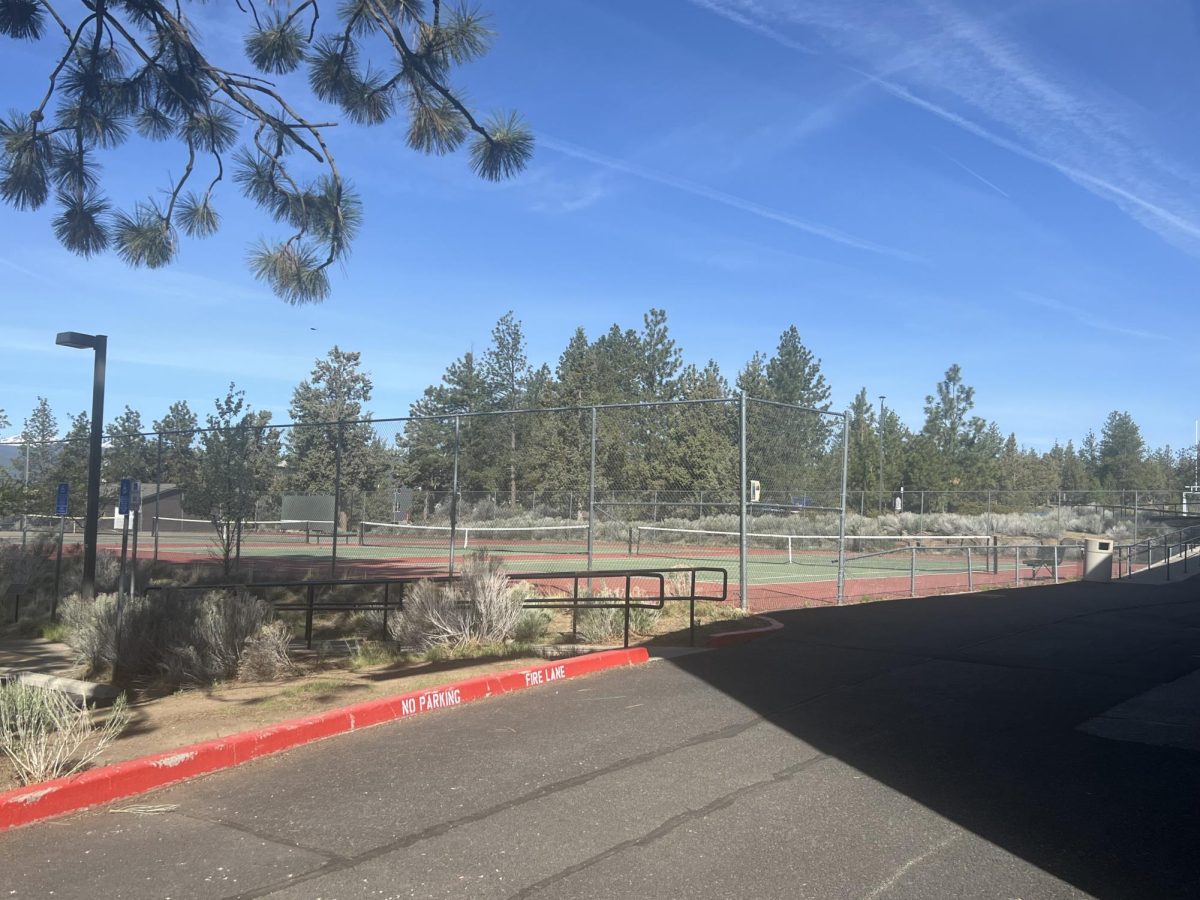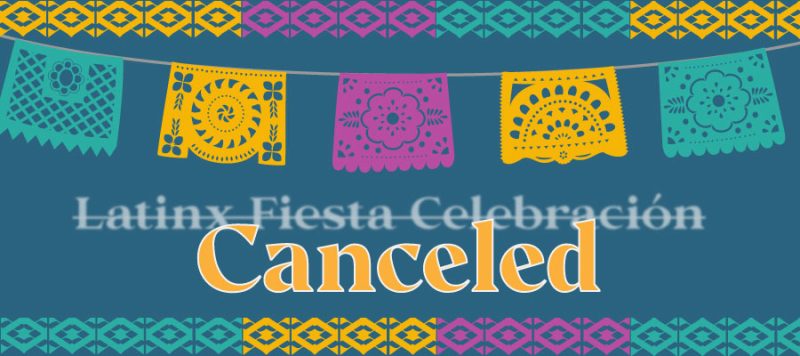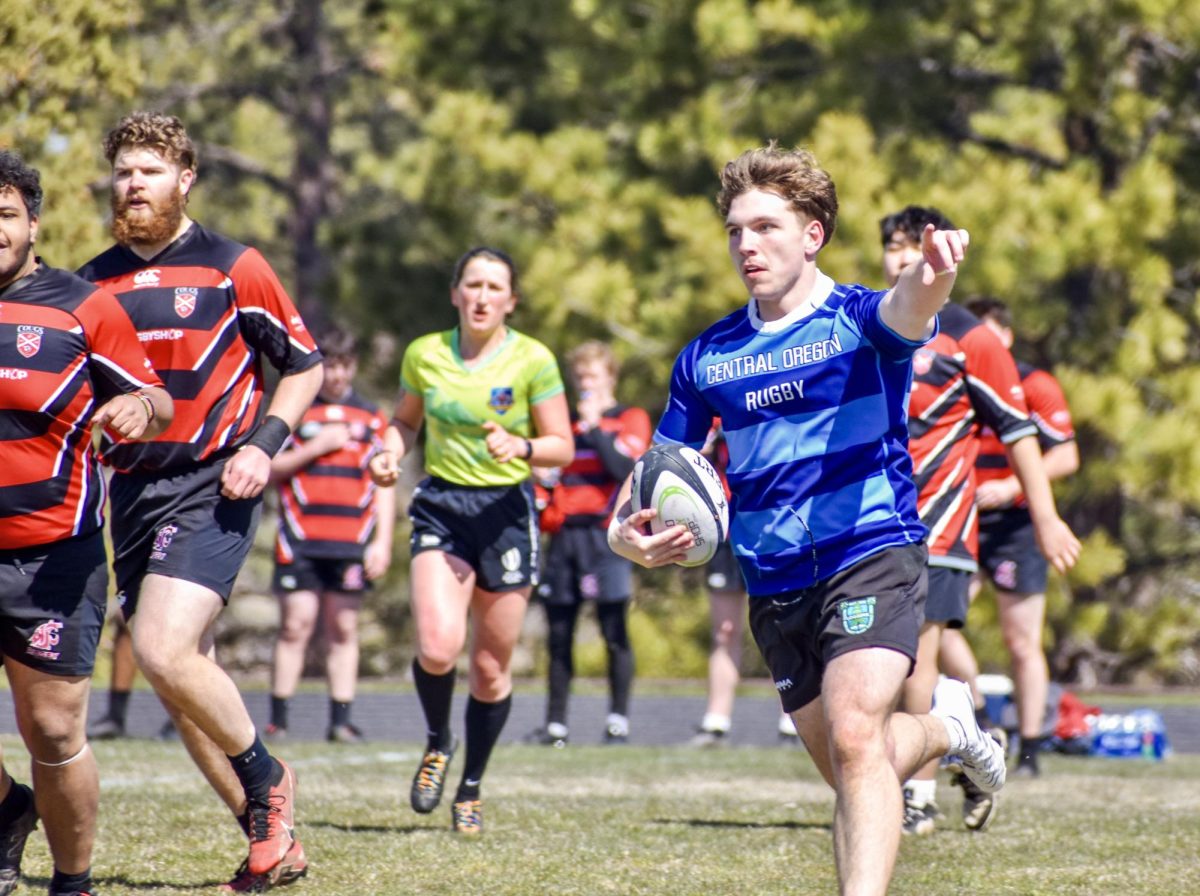Ellie Ocel/The Broadside
According to the Rape, Abuse, & Incest National Network (RAINN), 26.4% of female and 6.8% of male undergraduate students will experience rape or sexual assault during their time at college.
Most colleges and universities have similar policies regarding sexual assault. Typically, they offer confidential counseling, modes to report incidents to the school, and on-campus safety measures. However, these policies do not always prevent incidents from occurring.
One college that is currently receiving attention for a multitude of sexual assault incidents despite the existence of college safety measures and resources is USC. Students at USC spoke out about sexual assaults and druggings involving much of USC’s Greek Life, most notably Sigma Nu Fraternity. Initially, 5-7 incidents of sexual assault were reported at USC in late September, however, the anonymous stories of sexual assault, harassment, and other sex-related incidents shared on the Instagram account @uscmetoo number well over 35.
Olive Addison, age 18, created the Instagram account @uscmetoo in response to the surge in sexual assaults. Though not a student, Addison has lived near and been involved with USC for three years.
“It’s safer for me [to run @uscmetoo] because the school can’t do anything to me,” Addison said. She founded the Instagram account to give students a safe space without fearing retaliation from the school.
Addison believes USC does not have enough resources available to students that have experienced sexual assault. The school does not hold students accountable, Addison said.
Addison emphasized that sexual assault on college campuses is not a new situation. She has received submissions to @uscmetoo from students who graduated years ago and now feel safe enough to share their story.
In Addison’s opinion, USC and other colleges should offer rape kits, proper sex education classes, and safe spaces. However, Addison said, the school itself and the parents should be responsible for making these changes.
“Students are victims; why should we find the solution?” Addison said.
Students at USC can report sex-related incidents to the college’s Office for Equity, Equal Opportunity, and Title IX. Students on campus can access safety resources like blue light phones. Students also have access to confidential university resources like counseling and anonymous reporting. More information can be found at https://eeotix.usc.edu/report/confidential-and-private-resources/
At COCC, sexual assault is not as prevalent of an issue. As COCC has approximately 7,500 students enrolled in credit classes, there are fewer overall instances than at a larger school like USC. However, sexual assault, harassment, and other sex-related violence still occurs at COCC, even if the numbers are smaller.
Vice President of Student Affairs Alicia Moore acts as COCC’s Title IX coordinator. Title IX prohibits sexual harassment, sexual assault, domestic or dating violence and stalking.
The response to a report of any of these Title IX violations is the same. The college will reach out to the reporting party, more commonly known as the victim, and the responding party, more commonly known as the alleged. The college is required to investigate incidents, even if they occurred off campus, if the victim desires an investigation.
In the 2019-20 school year, 14 incidents of Title IX violations were reported. Six of those incidents were not investigated due to the alleged not being a student, by request of the reporting party or because the incident was not a Title IX issue. Four of the incidents were not investigated due to COCC receiving no response from the victim after reaching out. Of the four incidents that were investigated, two were found to be Title IX violations and two were not.
If a person wants to report an incident at COCC, they should reach out to Moore. Confidentiality is ensured. People can also fill out an incident report form here, or report to any college employee. College employees are mandatory reporters, so they will contact Moore if they receive information about a possible Title IX violation.
Moore wanted to make clear the fact that the victim is always in charge regarding how the college proceeds after the initial report of a Title IX violation. Moore does not want to cause further harm, and focuses on trauma-informed care.
“We want to give the power back to that person,” Moore said.
In addition, students at COCC have access to free counseling through the Career, Academic, and Personal Counseling Center. Saving Grace, the primary domestic violence and sexual assault support center in Central Oregon, is also accessible for COCC students. Visit https://www.saving-grace.org for more information. On a national level, the National Sexual Assault Hotline is accessible 24 hours a day, seven days per week for victims. Visit https://rainn.org for more information.


